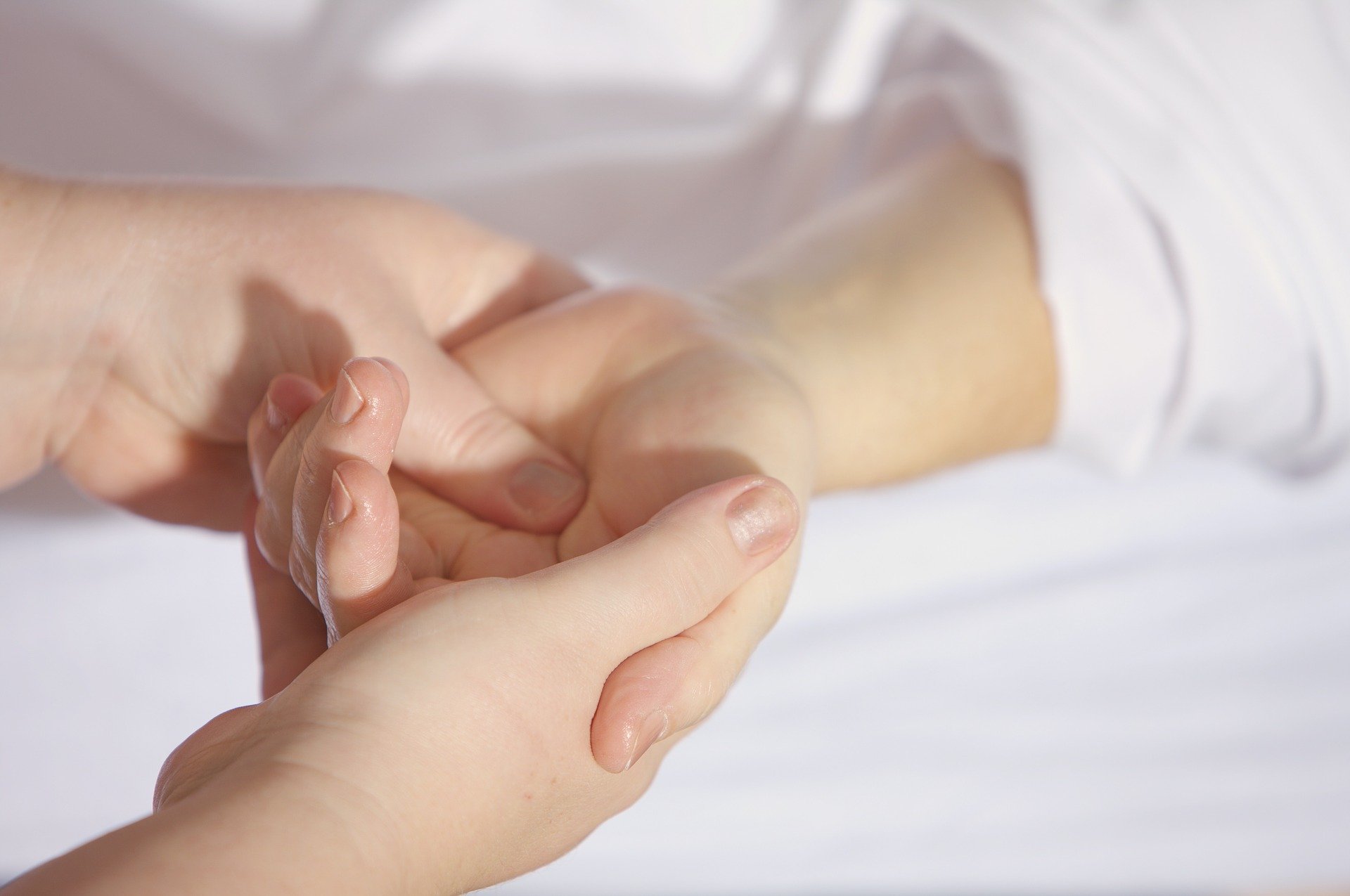



Original from: GenomeWeb
Findings from a new study in China suggest that infants treated in the neonatal intensive care unit (NICU) who were conceived with reproductive technology had no more genetic diagnoses or de novo mutation rates than babies in the NICU conceived without assistance.
"Assisted reproductive technology (ART) has been applied for more than 40 years, and the health of ART offspring has always been a global concern," co-senior author Huijun Wang and first author Zhongwen Huang, investigators with the National Children's Medical Center and Children's Hospital of Fudan University, explained in an email, noting that "the genetic landscape of this population is still largely unknown."
"In particular, there has been no comprehensive study on whether ART offspring have a higher rate of pathogenic genetic variations," they explained.
As they reported in JAMA Network Open on Tuesday, the researchers tapped into data from a multicenter effort known as the China Neonatal Genomes Project ¡ª which has been underway at dozens of medical centers since 2016 ¡ª to track the genetic diagnoses and molecular diagnostic yield for infants being treated in level III and IV NICUs at hospitals in mainland China, comparing diagnoses in 535 infants that were conceived using ART with those in 1,316 infants conceived naturally.
"So far, there are few studies on the genetic profiles of children born after ART, and it is still unclear what genetic alterations contribute to NICU admissions in babies conceived via ART," Wang and Huang explained, noting that there has been speculation that de novo microdeletions or point mutations might be more pronounced in ART-conceived infants, though data on that front has been mixed.
To address such concerns, the current study represents the "largest one investigating the pathogenic genetic problems in ART-conceived neonates so far," they added.
The team found that exome sequencing or targeted inherited disease gene sequencing successfully unearthed diagnostic variants for 54, or about 10 percent, of the ART-conceived infants, compared to 174 genetic diagnoses in the group of naturally conceived infants, representing 13.2 percent of the patients in that group.
Likewise, the proportions of single-nucleotide variants (SNVs) and copy number variants (CNVs) behind those genetic diagnoses were comparable between the ART and non-ART patient groups. Some 63 percent of genetic diagnoses in the ART group were traced to SNVs, as were 69 percent of non-ART diagnoses, the researchers reported, while CNVs accounted for 37 percent of genetic diagnoses in the ART group and 31 percent in the non-ART group.
When it came to de novo variants, meanwhile, the team saw rates of nearly 76 percent and 64.4 percent in the ART and non-ART infants, respectively.
"We observed no significant differences either in the overall diagnosis rate of genetic conditions between the two groups ¡ or the percentage of single nucleotide variant[s] and copy number variant[s]," Wang and Huang explained, adding that the "proportion of de novo variants was also similar between the two groups."
The investigators cautioned that the current analysis only represents cases with live births and successful genetic diagnoses, and does not account for cases of pregnancy loss, stillborn fetuses, or yet-undiagnosed conditions. It also failed to account for potential contributors to genetic diagnoses and mutations outside of ART, ranging from parental age and lifestyle patterns to forms of infertility.
By digging into some of the genetic diagnoses made in the study, the team demonstrated that genetic conditions may turn up in cases not flagged during prenatal genetic testing, and that infants conceived with or without ART may both be affected by genetic alterations.
Given these and other results, Wang and Huang suggested that the work "will certainly provide insight for physicians and couples considering ART."
Source: Assisted Reproduction Does Not Increase Genetic Diagnoses, De Novo Mutations in NICU Infants